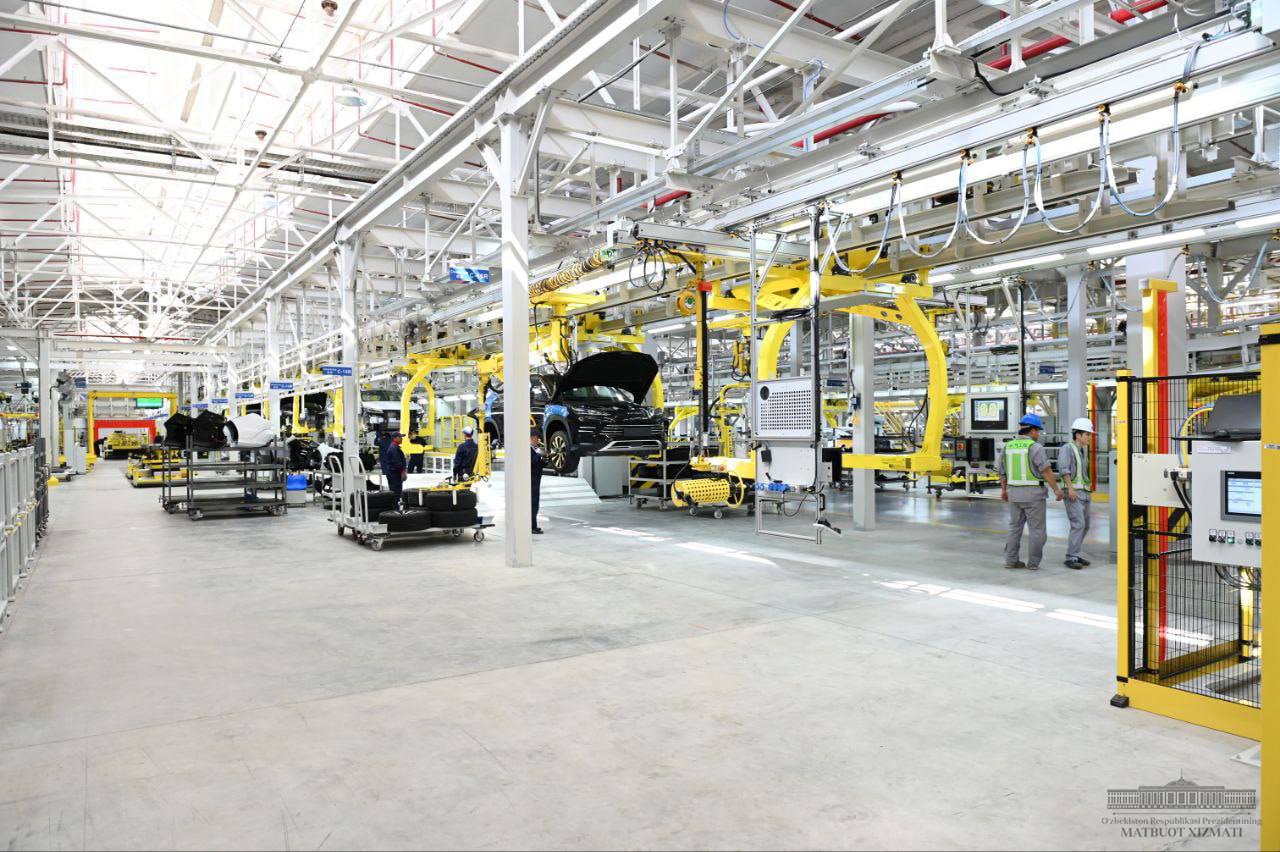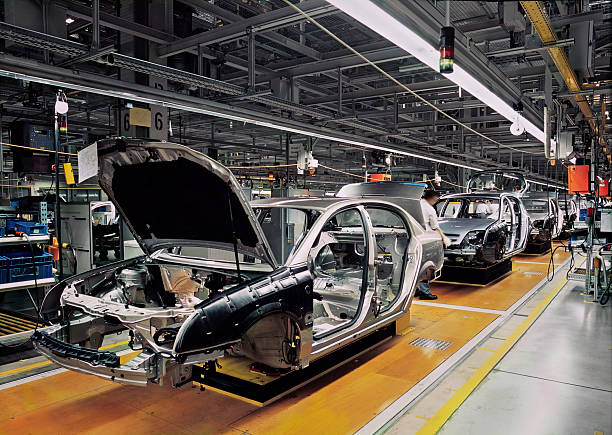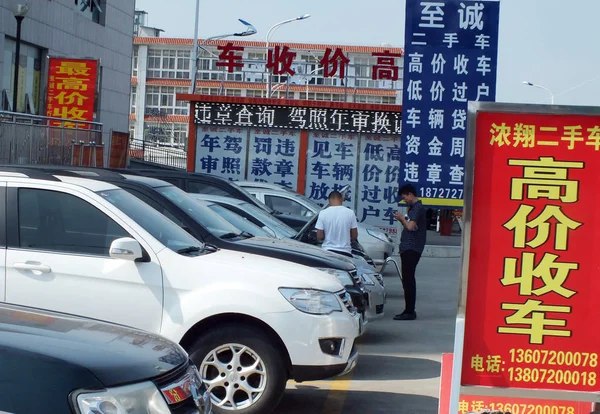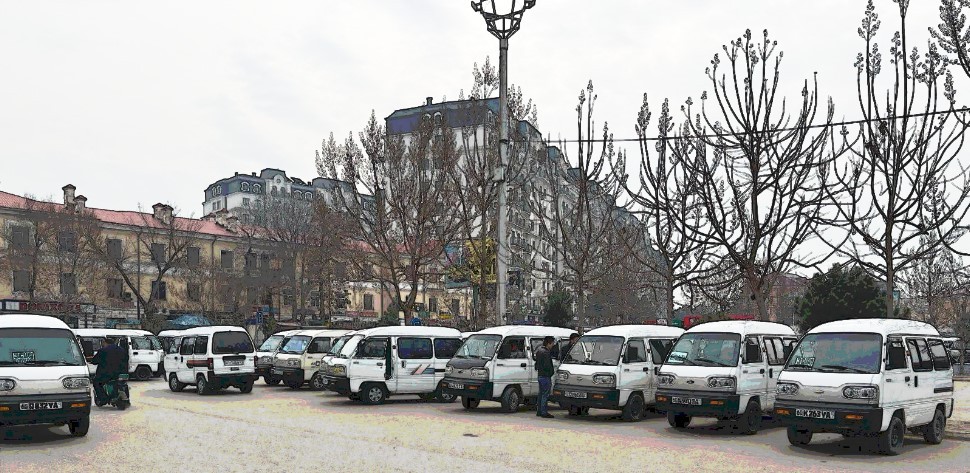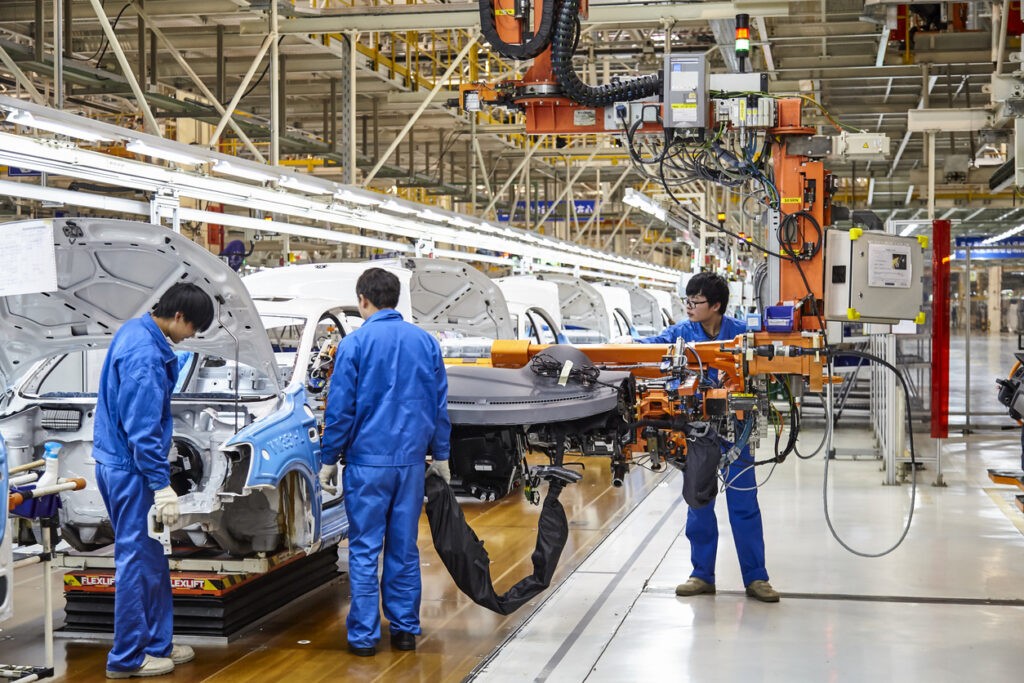Between January and October 2024, Uzbekistan produced 338,000 vehicles, generating $455 million in car exports, according to figures revealed during a government meeting chaired by President Shavkat Mirziyoyev on November 25. Next year, the country aims to manufacture 450,000 vehicles in 2025 and boost export revenues to $700 million.
The automotive sector has become a cornerstone of Uzbekistan’s industrial growth, accounting for 10 percent of the country’s total industrial output. Currently, the industry produces 1,400 types of automotive components and has achieved a 4 percent reduction in production costs. To strengthen domestic manufacturing further, the government plans to launch 63 projects worth $325 million, facilitating the production of an additional 700 types of automotive parts.
Uzbekistan’s vehicle assembly incorporates major global brands, including Chevrolet (USA), as well as South Korean and Chinese manufacturers. The country’s commitment to innovation and green energy was underscored by the June opening of a BYD electric vehicle plant in Jizzakh, which marked a significant milestone for the industry.
The new Jizzakh plant currently produces 50,000 electric vehicles annually during its first phase. Planned expansions include:
- Second phase: A $300 million investment to scale production to 200,000 electric vehicles per year.
- Third phase: A $500 million investment to increase capacity to 500,000 vehicles annually.
These developments highlight Uzbekistan’s commitment to becoming a regional leader in electric vehicle production and innovation.
The country’s automotive industry has demonstrated remarkable growth, fueled by strategic investments in local manufacturing and a focus on sustainable technologies. By prioritizing electric vehicles and expanding exports, Uzbekistan is positioning itself as a competitive player in the global automotive market.
